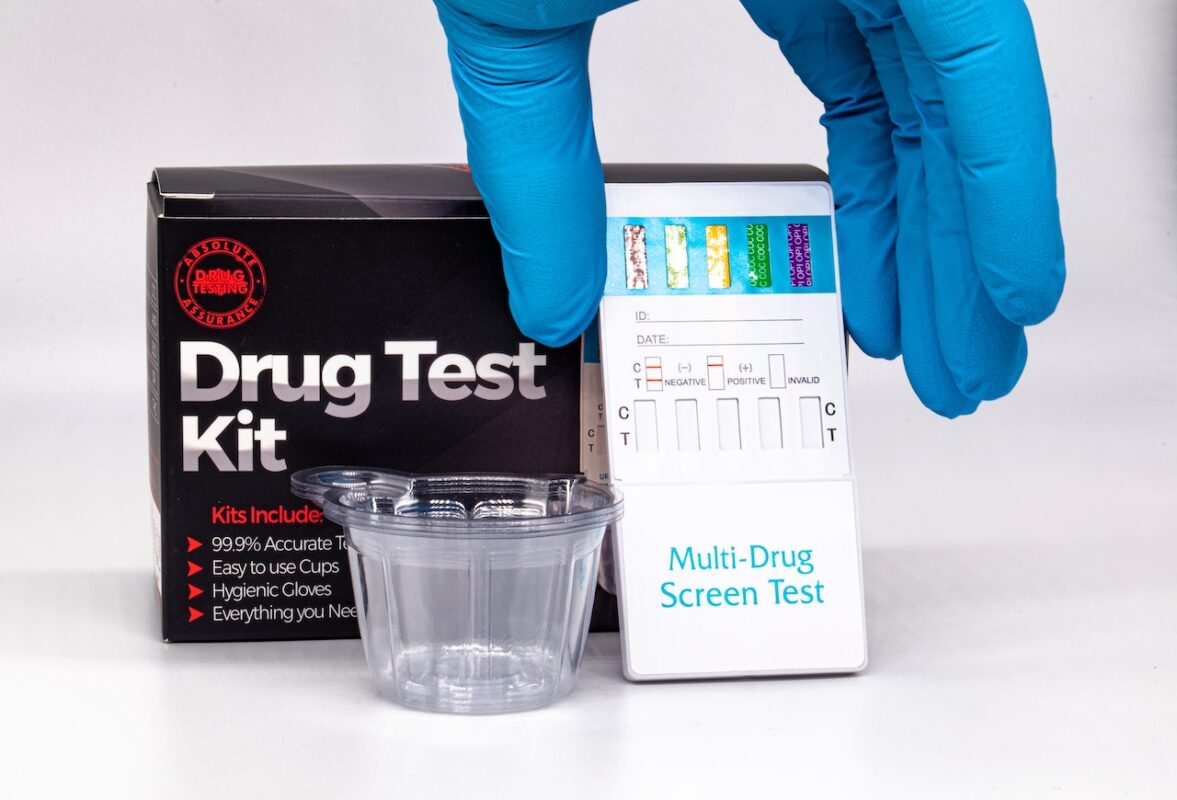
Do Shrooms Show Up on a Military Urine Test?
If you’re in the military—or considering joining—you might wonder: do shrooms show up on a military urine test? This issue carries high stakes under military policy, and understanding how detection works is crucial. Let’s break it down.
1. Standard Military Urinalysis and Shrooms
Standard military drug tests, like 5-, 8-, or 12-panel urinalysis, do not screen for psilocybin or psilocin—the psychoactive components of “magic mushrooms.” These panels typically cover substances such as marijuana, cocaine, amphetamines, PCP, and opioids.
(Drugs.com, Carolina Center for Recovery)
Unless there is a specialized request, shrooms simply won’t show up in these routine screenings.
2. Can the Military Specifically Test for Shrooms?
Yes. The military does have the capability to detect psilocin—but only through specialized testing performed by the Department of Defense’s top forensic lab, AFMES (Armed Forces Medical Examiner System).
(Korody Law)
AFMES testing is used only when there’s suspicion or probable cause, such as observed hallucinogenic behavior or credible confession. These tests are not part of routine screening.
(Korody Law)
3. Are Detection Windows Short for Shrooms?
Yes. Psilocybin is quickly converted into psilocin and cleared from the body:
- Urine (specialized test): detectable for approximately 24–48 hours after use
(Carolina Center for Recovery, The Bluffs Addiction Campuses –) - Blood: shorter window—likely only up to 12 hours
(Carolina Center for Recovery) - Saliva: similar to urine, up to around 24 hours
(Carolina Center for Recovery) - Hair/Nails: can show past use—90 days in hair, up to 6 months in nails—but these tests are extremely rare
(Carolina Center for Recovery, Drugs.com)
Without specialized testing, detection is nearly impossible beyond 24–48 hours.
4. Emerging Changes: Psilocin Added to Standard Panel?
A recent memo reveals that the Department of Defense plans to add psilocin to military testing panels, starting October 1. This policy change is due to readiness and discipline concerns.
(Marijuana Moment)
Testing priorities:
- First: specimens collected based on probable cause or command request
- Next: potentially included in routine and random inspection-based collections, depending on lab capacity
(Marijuana Moment)
This marks a significant shift—soon, shrooms might appear on more routine military drug screens.
5. Real-World Context & Risks
According to Korody Law, there was at least one confirmed case where a service member tested positive for shrooms through military urinalysis—not routine, but a rare and serious event.
(Korody Law)
On forums, military personnel reinforce this:
“Psilocybin does not show up on standard 5, 8, and 12 panel tests… Ordering a test for them is almost cost-prohibitive, and you have to have a very good reason to request one.”
(Reddit)
But with policy changes underway, even routine scopes may begin to include psilocin.
6. Summary Table—Current vs. Future Military Testing
| Situation | Routine Panel | Specialized (AFMES) | Future (Expanded Panel) |
|---|---|---|---|
| Shrooms detected? | No | Yes, when requested | Likely, starting Oct 1 |
| Detection window (urine) | N/A | ~24–48 hours | Same |
| When used | Standard testing only | Suspicion/cause-based testing | Random + suspicion-based testing |
| Real-world cases seen | Very rare (e.g., Korody Law case) | Some evidence | No data yet |
| Risk to career | Minimal | High—disciplinary action possible | High—should treat as serious |
7. Important Takeaways
- Currently, standard military urine tests don’t catch shrooms.
- Specialized testing exists, but it’s infrequent and reserved for cause-driven screening.
- Detection windows are short, especially for urine-based tests.
- Policies are changing—psilocin may be added to regular panels, increasing detection risk significantly.
- A positive result can lead to serious consequences under military law and discipline.
